
Customer Innovation
Customer-Centric Strategy for Enduring Growth
Read or listen offline
Amazon KindleRecommendation
Two kinds of strategy offer companies good, but apparently quite different, paths forward. The first, “customer-centric” corporate strategy, has been around since the 1960s. The second, visionary “breakthrough innovation,” refers always to the example of its past master, Apple’s late CEO Steve Jobs. Both paths can lead to great market appeal, but is it possible to combine them? Well, Apple continues in many ways to blend these approaches successfully, and so does Netflix, known for both customer-pleasing programming and technical innovation. Can your organization do the same? In this structured guidebook, professor Marion Debruyne offers a three-by-three “framework” to help you pursue both missions simultaneously by taking three steps shaped by three customer-focused “lenses.” She advises companies to become “outside-in” or “customer-innovation” organizations by creating a “reverse value chain” that begins with customers’ wishes and then develops innovative products. Despite her text’s complexity and overuse of jargon, getAbstract recommends the meat of Debruyne’s approach to entrepreneurs, investors, business students, executives who create company strategy and mid-level managers who have to implement it.
Summary
About the Author
Partner and associate professor at Belgium’s Vlerick Leuven Gent Management School, Marion Debruyne, advises businesses on market changes. She has taught at the Wharton School, the Kellogg School and the Goizueta Business School at Emory University.







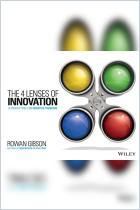
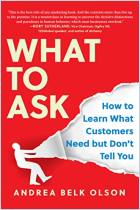
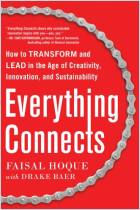
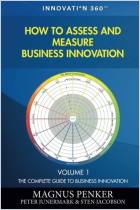
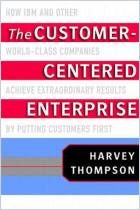
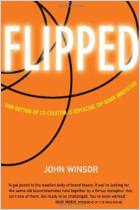




Comment on this summary or Start Discussion